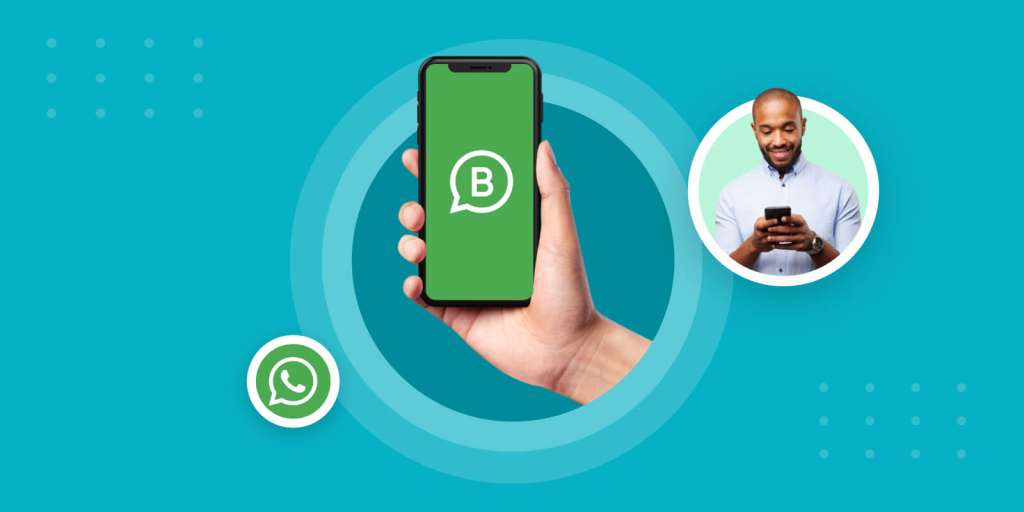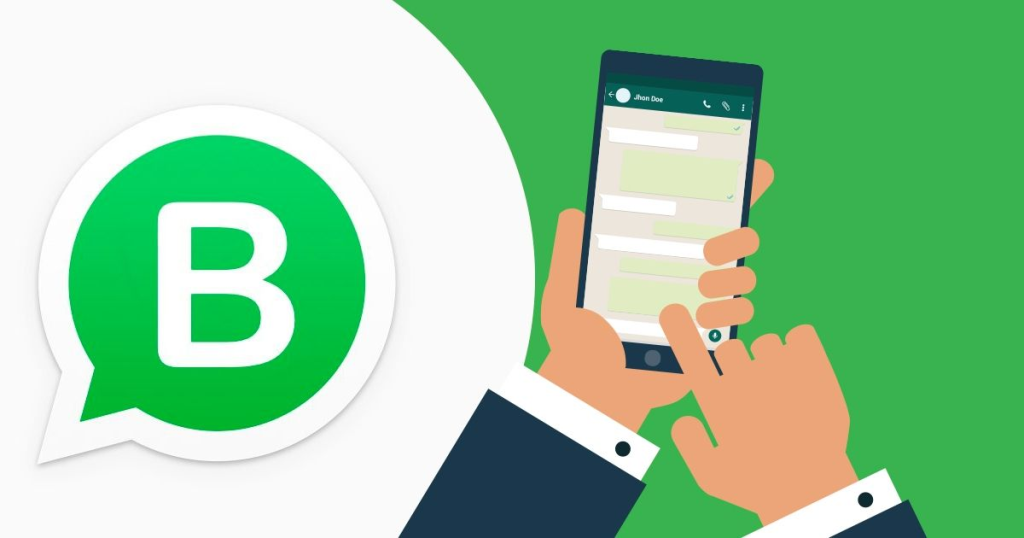In the fast – paced digital world, time is of the essence. WhatsApp, one of the most popular messaging apps globally, has opened doors to automation, allowing individuals and businesses to streamline their communication processes. This guide is designed to help beginners get started with WhatsApp automation.

I. Understanding WhatsApp Automation
A. What is WhatsApp Automation?
- Definition and Basics
WhatsApp automation refers to using software or tools to perform repetitive messaging tasks on the WhatsApp platform automatically. For example, instead of manually sending the same welcome message to every new customer, an automated system can do it instantaneously. This could involve sending out order confirmations, appointment reminders, or even product updates without human intervention at the time of sending.
- How it Differs from Manual Messaging
Manual messaging requires direct human input for each message. It’s time – consuming and prone to human error. In contrast, WhatsApp automation allows for high – volume, consistent messaging. A small business that manually sends shipping updates to customers may take hours, while an automated system can send hundreds of these updates in minutes, with the same accurate information every time.
B. Is WhatsApp Automation Legal?
- WhatsApp’s Policies
WhatsApp has specific policies regarding automation. It allows the use of official WhatsApp Business API for businesses to automate certain aspects of their communication. However, using third – party tools that violate WhatsApp’s terms of service, such as tools for spamming or scraping data, is strictly prohibited. For example, a legitimate e – commerce store can use the Business API to send order – related updates, but cannot use an unauthorized tool to send unsolicited product promotions.
- Legal Considerations in Your Region
Beyond WhatsApp’s policies, local laws also play a role. In some regions, there are regulations around unsolicited messaging. A business operating in Europe must comply with GDPR regulations when using WhatsApp automation to ensure customer data privacy. Understanding these legal aspects is crucial before diving into automation.
II. Benefits of WhatsApp Automation
A. Time – Saving
- Automating Repetitive Tasks
One of the most significant benefits is time – saving. Consider a fitness studio that has to send class schedule reminders to its members every week. With automation, this task can be set up once, and the system will send the reminders at the scheduled time without the staff having to remember or manually type out each message. This frees up time for the studio to focus on other important aspects, like improving the quality of classes.
- Increasing Productivity
By automating routine messaging, overall productivity increases. A customer service team that spends less time on sending out basic information messages can allocate more time to handle complex customer issues. For instance, an online store’s customer service representatives can use the extra time to resolve shipping problems or product – related queries instead of constantly sending out order – confirmation messages.

B. Improved Customer Engagement
- Timely Responses
Automation enables timely responses. When a customer sends a query outside of business hours, an automated chatbot integrated with WhatsApp can answer common questions immediately. A travel agency can use an automated system to respond to frequently asked questions about popular destinations, flight schedules, and hotel availability, even at night. This quick response time enhances the customer experience.
- Personalized Communication
Automation tools can also be used to send personalized messages. A beauty brand can use customer data to send personalized product recommendations on WhatsApp. For example, if a customer has previously purchased anti – aging products, the brand can send targeted messages about new anti – aging serums or special offers on related products.
III. Getting Started with WhatsApp Automation
A. Tools for WhatsApp Automation
- WhatsApp Business API
The WhatsApp Business API is a powerful tool for businesses. It offers features like template – based messaging, which allows businesses to create pre – approved message templates for things like order confirmations, shipping notifications, and appointment reminders. A large e – commerce company can use the API to send millions of order – related messages to customers in a compliant and efficient manner.
- Third – Party Automation Tools
There are also third – party tools available. Some tools offer features like chatbot integration, lead generation, and analytics. For example, a small – to – medium – sized business can use a third – party tool to create a WhatsApp chatbot that can answer customer questions, collect leads, and even schedule appointments. These tools often integrate with other business software like CRM systems for better data management.
B. Setting Up Your First Automated Message
- Identifying Your Goals
Before setting up an automated message, identify your goals. If you’re a service – based business, your goal might be to send appointment reminders. A dentist’s office can set up automated reminders a day before each appointment to reduce no – shows.
- Crafting the Message
Once you have your goal, craft the message. Keep it clear, concise, and relevant. For an appointment reminder, include details like the appointment time, location, and a brief note about any preparations the customer needs to make. Then, use your chosen automation tool to set up the message to be sent at the appropriate time.

In conclusion, WhatsApp automation can be a game – changer for both individuals and businesses. By understanding what it is, its benefits, and how to get started, beginners can take the first step towards streamlining their messaging and improving their communication processes. As technology continues to evolve, the potential of WhatsApp automation is only set to grow.




